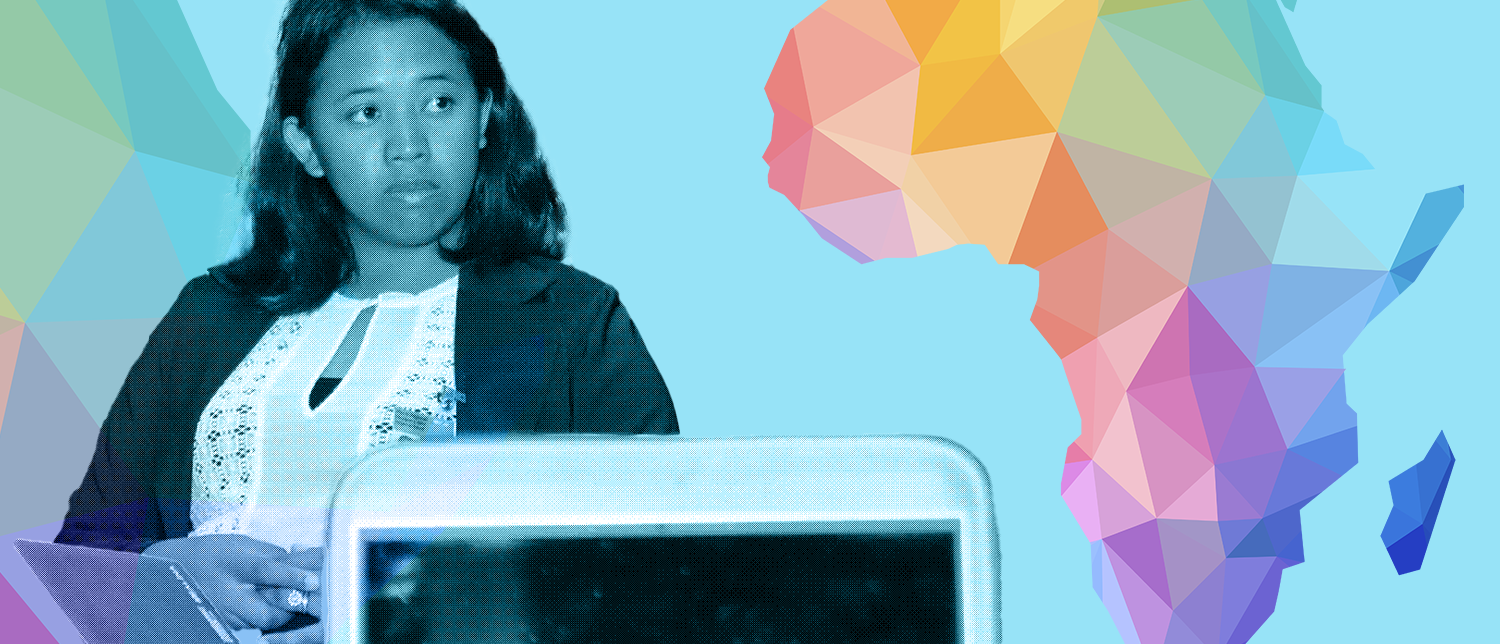
"Corruption is currently practiced everywhere in Madagascar, in both the private and public sectors, and has become a culture that some people just can't shake off."
Activist Juana Malalasoa, member of Transparency International Initiative, knows of what she speaks. Since 2021, she has been working with a network of investigative journalists to produce articles and films denouncing large-scale corruption operations in Madagascar.
Corruption affects all countries, undermining democratic institutions, slowing economic development, and contributing to governmental instability.
As the Executive Director of the United Nations Office on Drugs and Crime (UNODC), Ms. Ghada Waly, has previously noted: “in the margins and often undetected, corruption undermines the world’s capacity to respond to adversity, and undercuts our efforts to achieve the Sustainable Development Goals.”
In Madagascar, “one can encounter corruption at all levels,” Juana explained. “Both in the private sector (for access to a job, for example), and in the public sector to accelerate various procedures or to circumvent the system.”
Juana wants to help combat corruption by instilling the values of integrity and transparency among Malagasy youth, which is why she also supports “FONGOTRA” clubs, anti-corruption clubs set up in schools and universities throughout the country.
Her enthusiasm about the power of youth to bring about change led her to the Global Resource for Anti-Corruption Education and Youth Empowerment – or GRACE – initiative.
Led by the United Nations Office on Drugs and Crime (UNODC), GRACE works to empower youth to create a culture of non-tolerance towards corruption. The UNODC approach is based on the idea that if young people are involved in problem-solving, have a voice in decision-making processes, and given the right opportunities, then they can be effective agents of change and innovation.
To help develop the anti-corruption programme in Africa, UNODC hosted a GRACE conference in Nairobi on 19-20 June 2023. More than 30 participants from 14 African countries met in Nairobi to discuss recommendations on how African civil society actors can play a greater role in implementing the United Nations Convention against Corruption (UNCAC).
"The GRACE conference in Nairobi was very instructive and inspiring for me, because I met other activists, especially young people, who are doing their utmost to fight corruption in their respective communities through ideas that are each more innovative than the last,” said Juana.
“What's more, the various discussions opened up new prospects for improving the fight against corruption in Madagascar."
Through the GRACE initiative, UNODC aims to raise awareness among partners of the tools available to fight corruption, while enabling them to optimize their knowledge and skills to better understand how to combat corruption and unethical behavior.